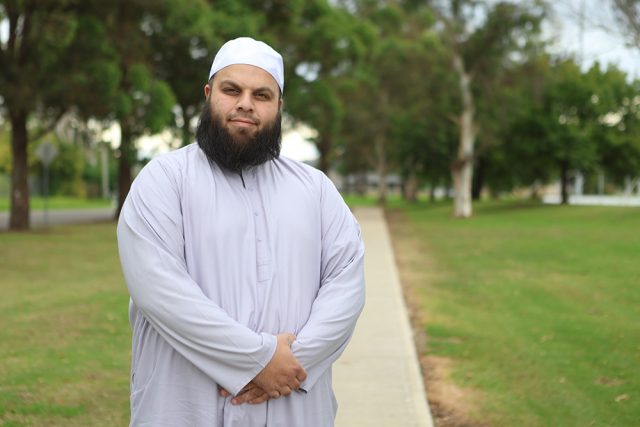This weekend may not be anything out of the ordinary to some but as the sun sets it will mark the ending of Ramadan, which is the holiest month in the Islamic calendar.
With over 813,000 Muslims in Australia, many local people celebrate their faith by praying in masjids in both Penrith and St Marys.
Abeerul Thanvi is one of those who has spent the last month fasting from dusk to dawn and praying to form a closer relationship with God.
“Ramadan follows a lunar calendar with the sighting of the moon, so it has different dates every year, but we use the month to cleanse our bodies and spiritually to re-evaluate where we are in terms of our relationship with God and the world,” Thanvi said.
“Fasting is a way to gain consciousness and awareness but to also understand the people that are suffering around the world who don’t know when their next meal is and to give us an idea of the harshness and difficulty that they go through.”
While no food or water are what is most commonly associated with Ramadan, there are things with an equally important meaning that Islamic people need to avoid.
“You cannot smoke, have relationships with your spouse, or do things like gossip or get angry,” he said.
“Any of those diseases of the heart such as lying, deceiving, spreading rumours or causing people harm we are told to avoid as Muslims, but it is just emphasised in Ramadan.”
Once the sun sets the first meal known as Iftar is shared but Muslims still need to practice some self-control according to Thanvi.
“From sunset all the way up until dawn the next day we can eat as much as we want but it is recommended to drink water and eat at regular intervals, so you don’t get bloated,” he said.
“Just before dawn people wake up and have a meal called Suhoor, which would generally have things like fruit and dates and lots of fibre that slowly releases to create a lot of energy in your body for the day.”
There are some exemptions, with some elderly or pregnant people not having to fast, along with those who are sick and require medication on a regular basis or those who could be travelling interstate or overseas.
Expected to end on April 21, Ramadan is followed by a three-day celebration called Eid al-Fitr to end the holy month and their commitment to worship.
“Eid al-Fitr is basically a whole mix of gratitude and appreciation of God for allowing us to fast and take part in the month of Ramadan,” he said.

Weekender Newsroom
This post has been published by the team in our newsroom.

